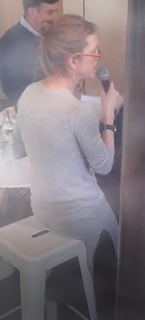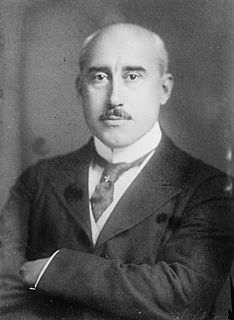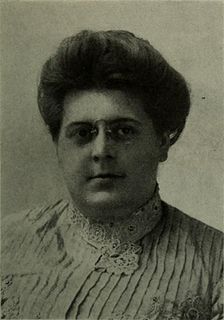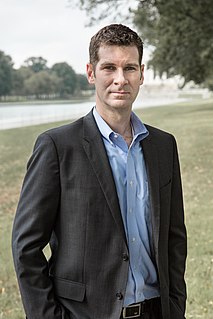A Quote by Winston Churchill
Millions who could not follow closely or accurately the main events of the War looked day after day in the papers for the fortunes of Mafeking, and when finally the news of its relief was flashed throughout the world, the streets of London became impassable, and the floods of sterling, cockney patriotism were released in such a deluge of unbridled, delirious joy as was never witnessed again till Armistace Night, 1918.
Related Quotes
People were consuming on average less calories after the war than during the war. Things were still very tough. If you look at the film footage of London streets, even in areas which weren't slums, there are kids in the streets who are dirty and have no shoes on. It was rough. There was a real edge.
I suddenly became strangely inebriated. The external world became changed as in a dream. Objects appeared to gain in relief; they assumed unusual dimensions; and colors became more glowing. Even self-perception and the sense of time were changed. When the eyes were closed, colored pictures flashed past in a quickly changing kaleidoscope. After a few hours, the not unpleasant inebriation, which had been experienced whilst I was fully conscious, disappeared. What had caused this condition?
A nasty day! A nasty day! 'Twas thus I heard a critic say Because the skies were bleak and gray— And yet it somehow seemed to me The day was all that it should be. I looked it very closely o'er; Its hours still were twenty-four, With sixty minutes each—no less— For deeds of good and helpfulness; And every second full of chance To give the day significance; And every hour full of growth For everybody but the sloth— I couldn't see it quite that way, For though the skies were bleak and gray The day itself, it seemed to me, Was all a day could rightly be.
Mother’s Day really was in its origin an antiwar day, an antiwar statement. Julia Ward Howe was sickened by what had happened during the Civil War, the loss of life, the carnage, and she created Mother’s Day as a call for women all over the world to come together and create ways of protesting war, of making a kind of alternate government that could finally do away with war as an acceptable way of solving conflict.
The heart's seasons seldom coincide with the calendar. Who among us has not been made desolate beyond all words upon some golden day when the little creatures of the air and meadow were life incarnate, from sheer joy of living? Who among us has not come home, singing, when the streets were almost impassable with snow, or met a friend with a happy, smiling face, in the midst of a pouring rain?
It was the day of the worms. That first almost-warm, after-the-rainy-night day in April, when you bolt from your house to find yourself in a world of worms. They were as numerous here in the East End as they had been in the West. The sidewalks, the streets. The very places where they didn't belong. Forlorn, marooned on concrete and asphalt, no place to burrow, April's orphans.
As I flew back from New Zealand to bury my mother, it occurred to me that no matter how harrowing her loss was and how keenly it will always be felt, there was, nevertheless, a sense of relief that my father, sisters and I could say a final goodbye after the longest goodbye and relief that my mum had finally been released.
The appearance presented by the streets of London an hour before sunrise, on a summer's morning, is most striking even to the few whose unfortunate pursuits of pleasure, or scarcely less unfortunate pursuits of business, cause them to be well acquainted with the scene. There is an air of cold, solitary desolation about the noiseless streets which we are accustomed to see thronged at other times by a busy, eager crowd, and over the quiet, closely-shut buildings, which throughout the day are swarming with life and bustle, that is very impressive.
Walking on these streets, until the night falls, my life feels to me like the life they have. By day they’re full of meaningless activity; by night, they’re full of meaningless lack of it. By day I am nothing, and by night I am I. There is no difference between me and these streets, save they being streets and I a soul, which perhaps is irrelevant when we consider the essence of things
And again it snowed, and again the sun came out. In the mornings on the way to the station Franklin counted the new snowmen that had sprung up mysteriously overnight or the old ones that had been stricken with disease and lay cracked apart-a head here, a broken body and three lumps of coal there-and one day he looked up from a piece of snow-colored rice paper and knew he was done. It was as simple as that: you bent over your work night after night, and one day you were done. Snow still lay in dirty streaks on the ground but clusters of yellow-green flowers hung from the sugar maples.











































